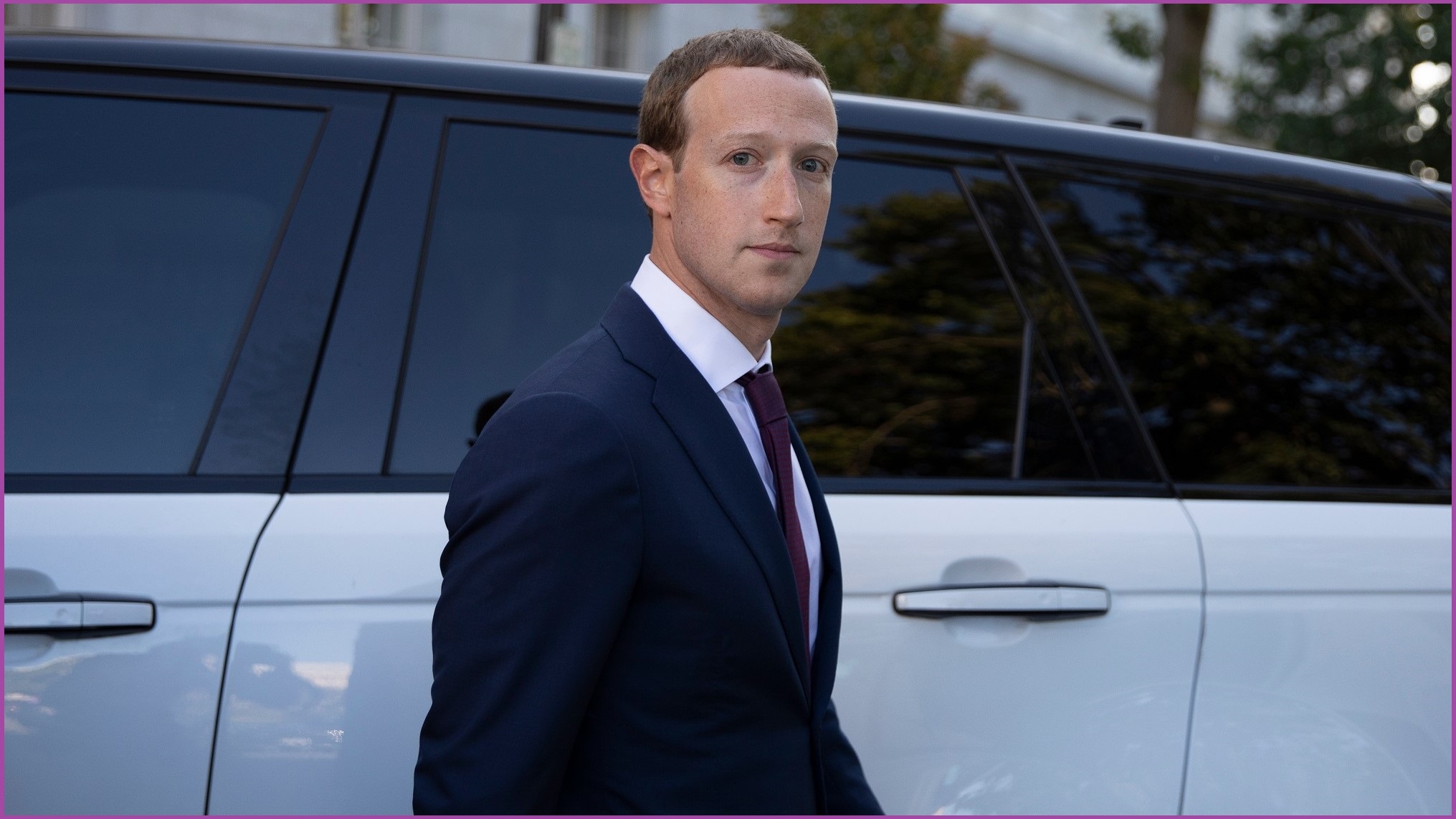Facebook founder Mark Zuckerberg has hit out at US Presidential candidate Elizabeth Warren’s plans to break up the social media giant, labelling it an “existential threat” that the company would challenge in court.
The Verge this week published leak recordings of the Facebook founder and CEO discussing a range of sensitive topics candidly with employees at two meetings in July.
In a unusual pre-emptive move, Zuckerberg later confirmed the veracity of the recordings and encouraged his followers to read the transcript.
“The transcript from one of my Q&As a few months ago just got published online - and even though it was meant to be internal rather than public, now it’s out there, you can check it out if you’re interested in seeing an unfiltered version of what I’m thinking and telling employees on a bunch of topics,” Zuckerberg said in a post on Facebook.
In the leaked recording, Zuckeberg covers a lot of ground, criticising Warren’s plans for the big tech companies, outlining his plan to combat the growth of rival TikTok and labelled recent reporting around the mental wellbeing content moderators “overly dramatic”.
Warren, one of the leading US Presidential candidates, has outlined major plans to break up tech giants including Facebook, Amazon and Google with a new set of rules for tech companies with more than $US25 billion in annual revenue.
Her plan also involves undoing major mergers in the sector, including Facebook’s acquisitions of Instagram and WhatsApp.
In the meeting with staff, Zuckerberg hit back at these plans, saying they wouldn’t work and would be illegal.
“You have someone like Elizabeth Warren who thinks that the right answer is to break up the companies…if she gets elected president, then I would bet that we will have a legal challenge, and I would bet that we will win the legal challenge,” he said.
“And does that still suck for us? Yeah. I mean, I don’t want a major lawsuit against our own government but look, at the end of the day, if someone’s going to try to threaten something that existential, you go to the mat and you fight.”
The plan would also do nothing to combat election interference, Zuckerberg claimed.
“It’s just that breaking up these companies...is not actually going to solve the issues,” he said. “It doesn’t make election interference less likely. It makes it more likely because now the companies can’t coordinate and work together.
“I think the direction of the discussion is concerning. I don’t think the antitrust remedies are going to solve them, but I understand that if we don’t help address those issues and help put in place a regulatory framework where people feel like there’s real accountability, and the government can govern our sector then people are just going to keep on getting angrier and angrier. And they’re going to demand more extreme measures.”
Warren has already hit back at Zuckerberg’s comments on Twitter.
“What would really ‘suck’ is if we don’t fix a corrupt system that lets giant companies like Facebook engage in illegal anticompetitive practices, stomp on consumer privacy rights and repeatedly fumble their responsibility to protect our democracy,” she posted.
During the meeting, a Facebook employee asked Zuckerberg how he planned to combat the rise of social media rival TikTok.
“We have a number of approaches that we’re going to take towards this, and we have a product called Lasso that’s a standalone app that we’re working on, trying to get product-market fit in countries like Mexico,” he replied.
“We’re trying to see if we can get it to work in countries where TikTok is not already big before we go and compete with TikTok in countries where they are big.”
The Facebook founder also hit back at a recent report in The Verge on the mental health and treatment of the social media platform’s content moderators, labelling the reporting a “little overdramatic”.
“From digging into them and understanding what’s going on, it’s not that most people are just looking at just terrible things all day long,” he said. “But there are really bad things that people have to deal with, and making sure that people get the right counselling and space and ability to take breaks and get the mental health support that they need is a really important thing.
“I think we have more than 30,000 people who are doing content moderation. It’s a huge effort. If you look across all the different types of content that people share on our services, including messaging, it’s more than 100 billion pieces of content a day. So the volume is huge, and the need for people to go do this work is really important. Within a population of 30,000 people, there’s going to be a distribution of experiences that people have.”










